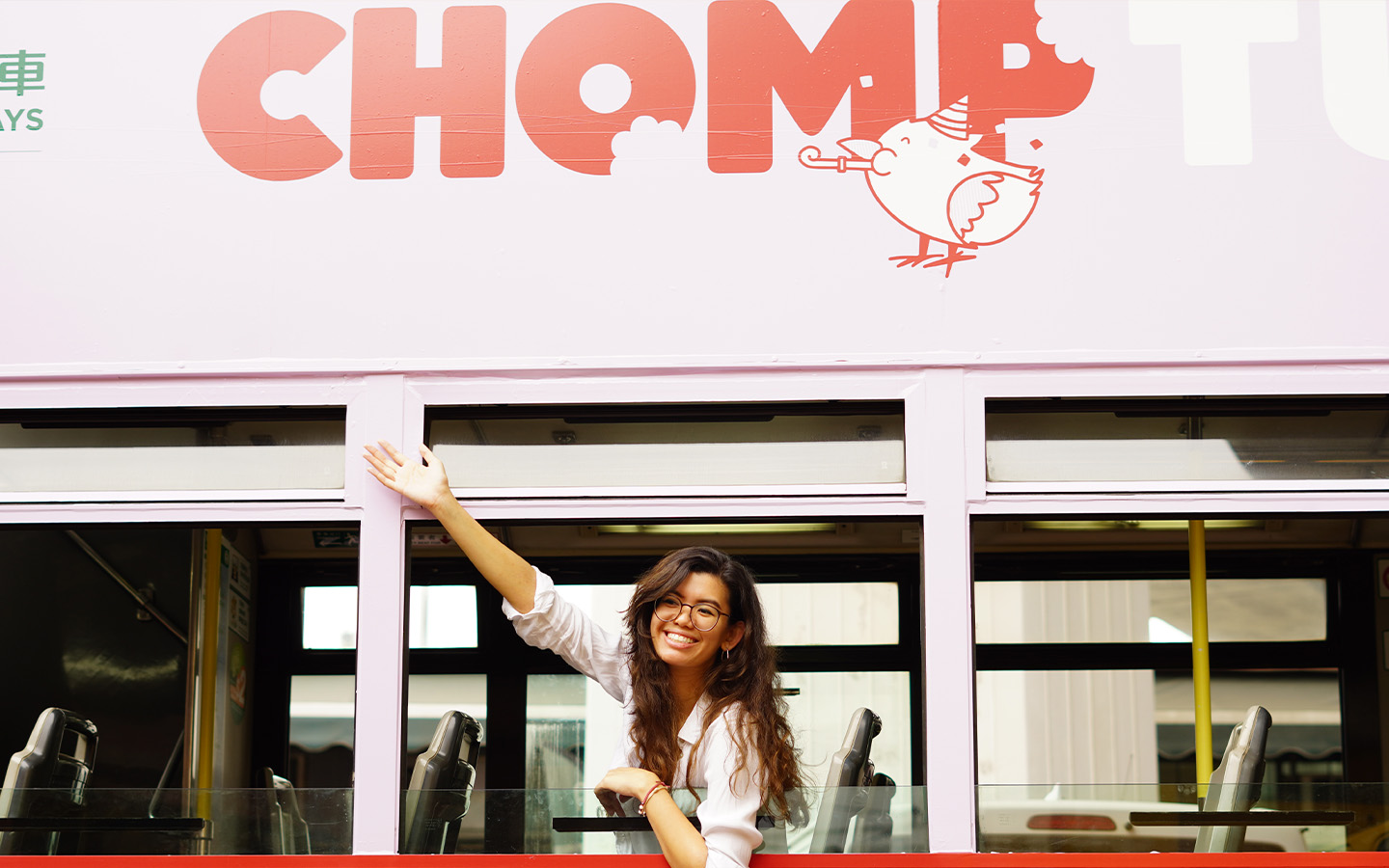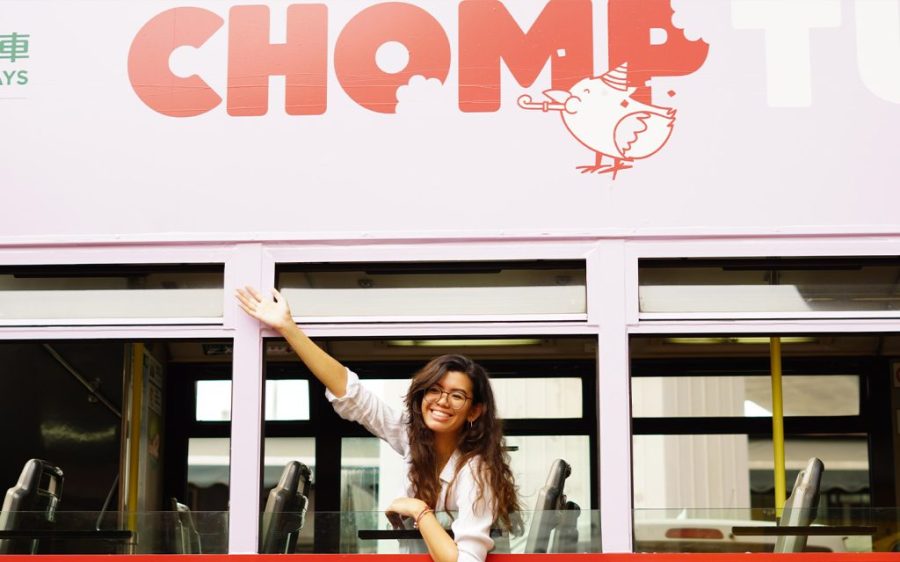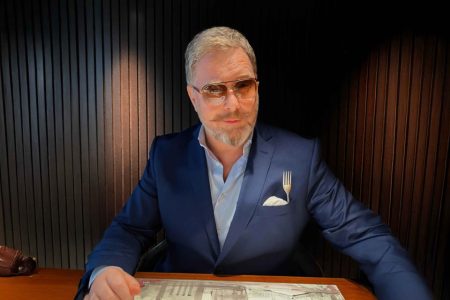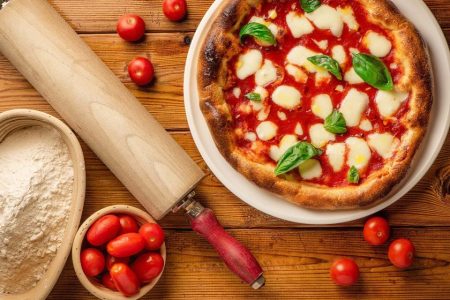Despite alarming rising levels of food insecurity in many countries, around a third of all food produced gets lost or wasted, never reaching the consumer’s table. The issue has huge environmental repercussions. All the resources used to produce that food, such as water, energy, and land, are wasted when food isn’t consumed, and rotting food contributes to carbon emissions as it decomposes in landfills.
Then there’s the food that gets scraped off our plates and into kitchen bins. In Macao, the problem is serious enough to warrant the construction of a new 1.14 billion pataca organic waste centre in Pac On, which is set to be completed in 2027. Once operational, it will have the capacity to process around 150 tonnes of food waste each day.
[See more: Acute hunger is persistently high in dozens of countries, and getting worse]
To mark World Food Day today, Macao News spoke to Carla Martinesi, co-founder and chief executive officer of Chomp, a bilingual Hong Kong app designed to tackle food waste by connecting users with unsold food from local restaurants, grocery stores, and other businesses.
The app allows users to buy and take away food that would otherwise go to waste at significant discounts (at least 50 percent off), with the markdowns typically offered at the end of the business day. Stores and restaurants offering the discounted food appear on a map in the app, allowing users to find nearby deals easily. Sometimes users will know what they’re getting. At other times, they can simply buy a “mystery box” of items that the vendor hasn’t sold by closing time.
In its three years of existence, Chomp has signed up more than 60,000 thousand users and around 300 vendors, including Maxim’s bakery chain and Shangri-La Hotels. Macao News spoke to the entrepreneur about surplus food, the environment and plans to expand to Macao.
What kind of businesses sell their items on Chomp?
We have prepared food, so it could be salad bars and sandwich shops, restaurants, bakeries and grocery stores. We also have raw foods. Soon we’ll be working with a cocktail bar. We have skincare and flower shops too. But Chomp is marketed as a food-saving app because food is the biggest problem in our landfills, it takes up a huge amount of space.
How much food has Chomp helped save from going to waste?
We’re super proud to say that we have other initiatives as well to help reduce waste, like our Rescued Feast, a dining experience where we fed over 200 people all made from food scraps. Initiatives like this, together with the app, helped us save over 100,000 kilograms of food.
What impact has Chomp had on food waste in the communities it serves?
It has helped in many different ways. Education has been a big one, throughout social media but also workshops. Then there’s education, so people like you and me who realise food is a cause of our climate crisis. Even just speaking to restaurant owners, it really helps them understand how they’ve been able to reduce waste internally.
Is an expansion to Macao in the cards for Chomp?
Very much in the cards, we’re looking into it! We have interested hotel players in Macao – they approached us. There’s a few logistical issues expanding to Macao in terms of tech, but apart from that it does seem quite doable.
How do you help vendors overcome concerns related with liability and food safety?
We have quite a strict vetting process before vendors get on the app. We check their food and hygiene licence, do a tour of their kitchen before they sign a contract. We’ve never had a food complaint issue.






